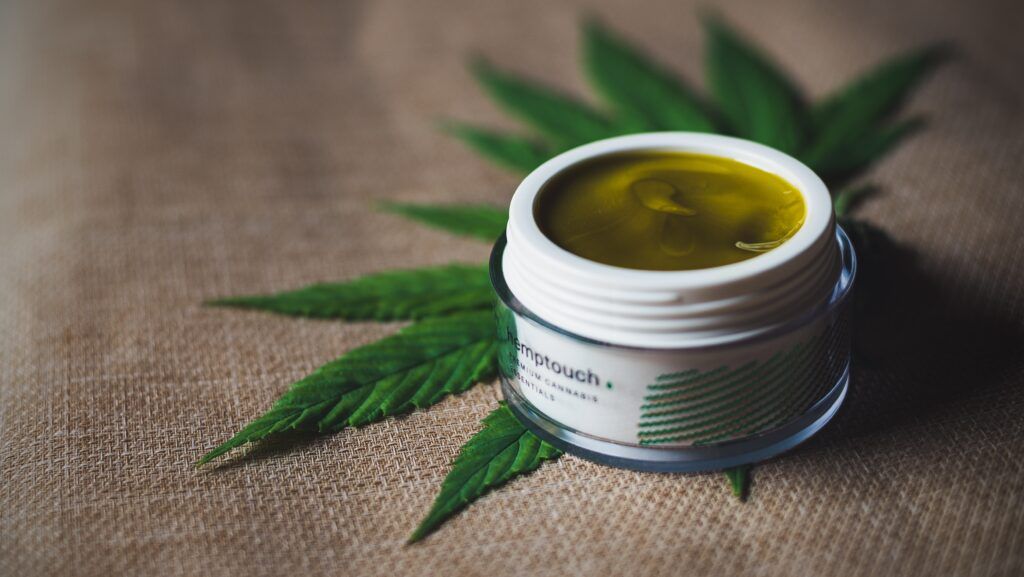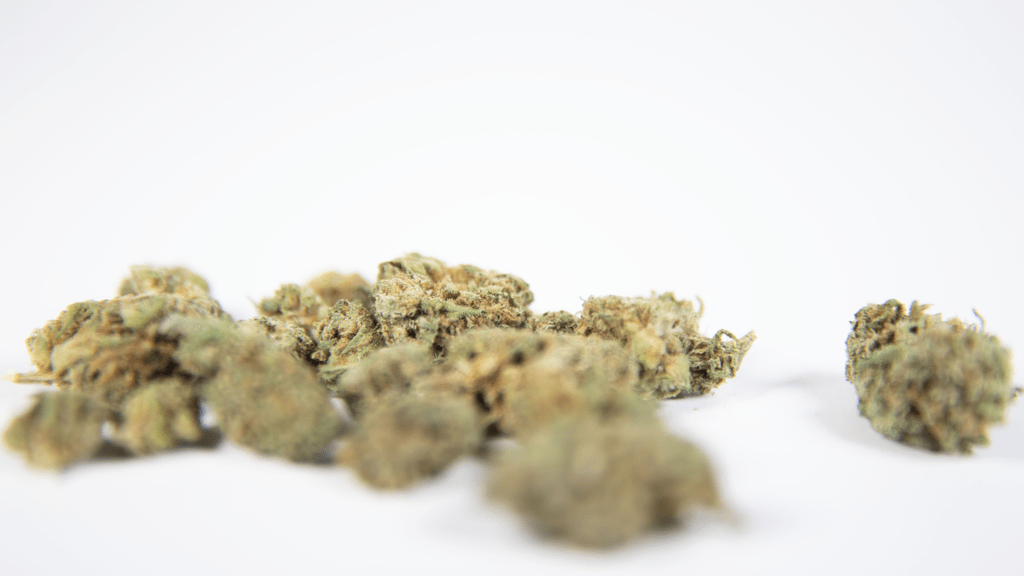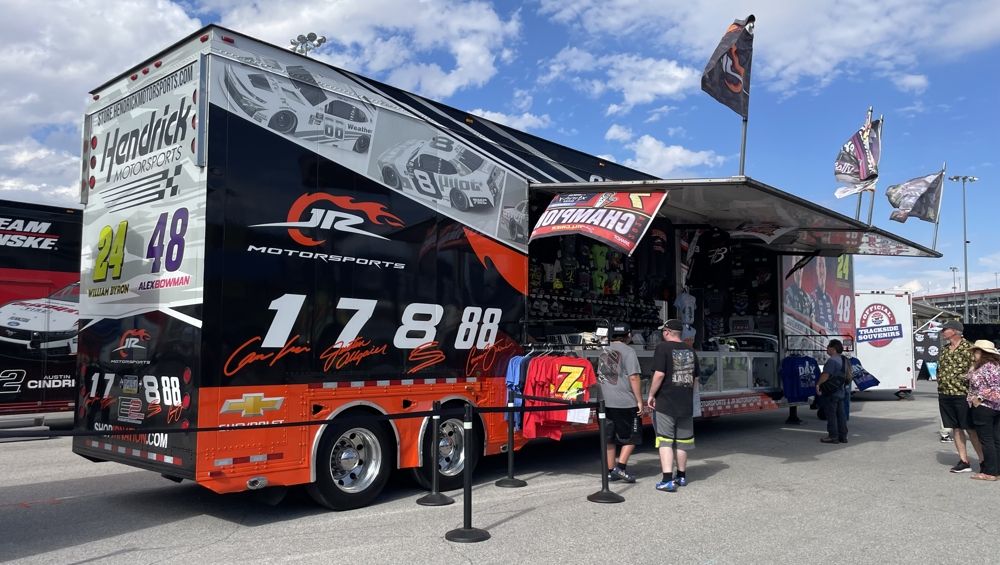Featured Articles

Green Flags: The Rising Impact of Cannabis Sponsorships in Motorsports
The involvement of cannabis companies as sponsors in motorsports, particularly in series like NASCAR, marks a significant shift in the advertising landscape of this high-octane sport.




